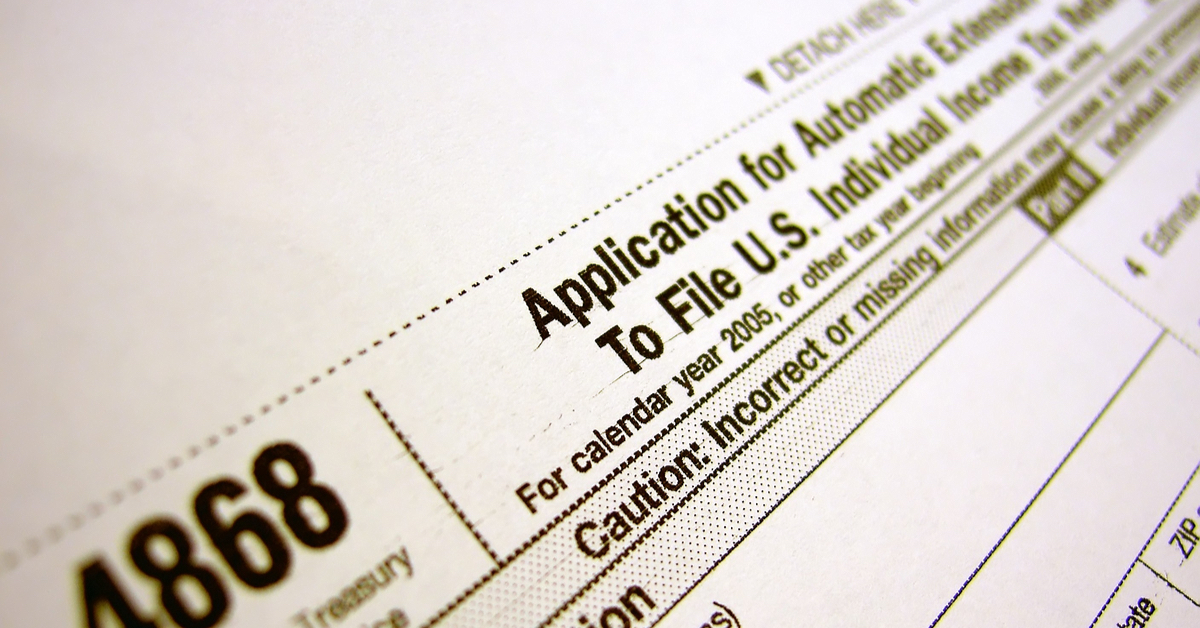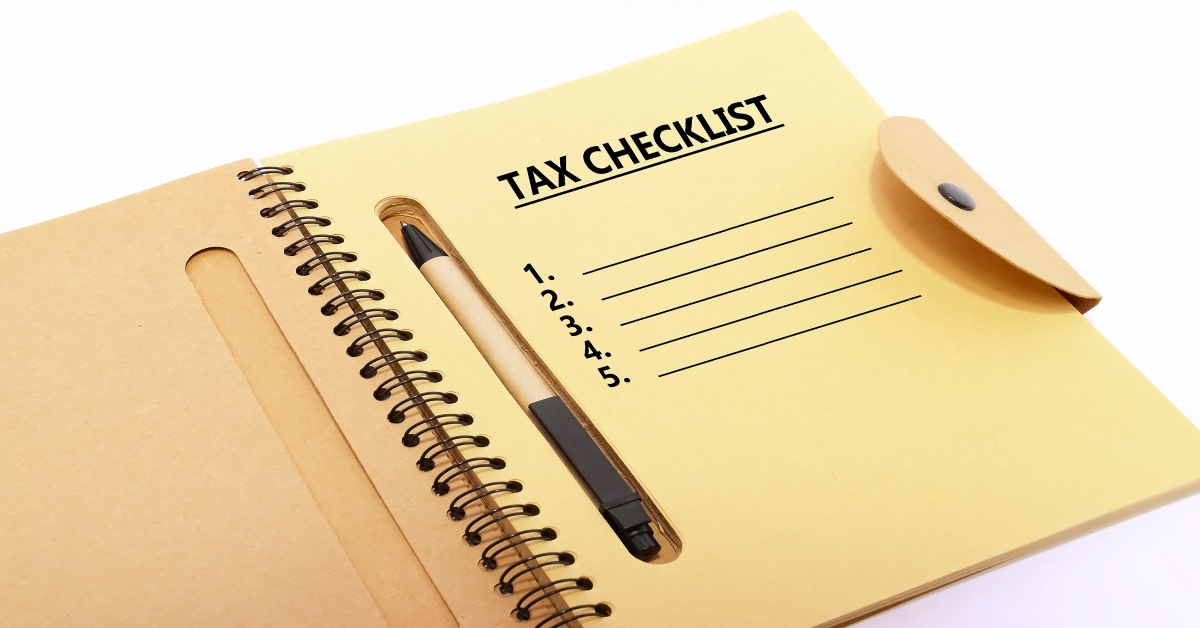
When you’re running a business, you might enjoy a little more freedom in your own schedule, but you still have a lot on your plate. For example, part of being the boss is paying taxes, and they must be paid according to certain deadlines.
However, life happens and sometimes things slip through the cracks. You might not be able to make every single deadline, or you could have filings rejected and have to send them in a second time. When these problems arise, the IRS allows you to apply for extensions and take advantage of grace periods when you have things to correct.
Tax Filing Extensions for Your Small Business
When you fear you aren’t going to be able to file your taxes by the deadline, you can’t just file late without facing potential penalties. Even if you don’t owe any taxes, you still have to file for an extension on or before the due date. But beware: you only get one 6-month extension. If you miss that deadline, you can’t extend it again.
Fortunately, you don’t need to prove you have a good reason for needing an IRS extension…you simply apply for it. You can count on being approved unless you make an error in the paperwork or the information you supply doesn’t match IRS records. If you’re using an accountant to file the extension, the likelihood of such errors is pretty remote. For corporate tax filings, you’ll need to file form 7004 by the due date. The process is actually pretty painless. It doesn’t take long, and you can even do it online. However, there are several things you’ll need to be aware of before you file, so be sure to ask an expert for help.
This information all applies to IRS extensions. If you need a state extension, you’ll need to check your local tax authorities to understand the process.
What About Grace Periods?
When your e-filed return or extension is rejected, you might wonder if you’ll be in trouble because of the delay. You’ll be glad to know, however, that there are some standard grace periods already in place, giving you time to correct any errors and re-submit. As long as you do so within the grace period (also called the “perfection period), your filing will be considered on time. Generally speaking, the grace periods are 5-10 calendar days for e-filed returns, and 5 calendar days for extensions. Your specific grace period depends on which form you are filing.
While dealing with the IRS isn’t anyone’s favorite part of owning a business, they do try to make filing on time as simple as reasonably possible. Of course, with the help of an accountant or CPA, meeting federal and local deadlines will be easier, hopefully making extensions and grace periods unnecessary.














